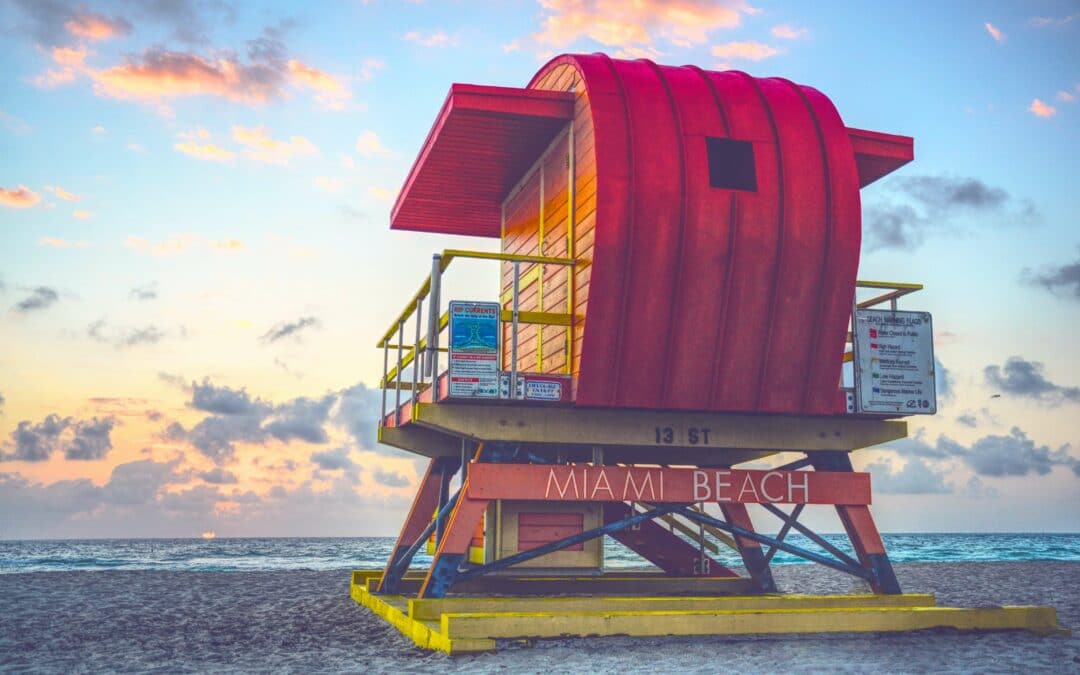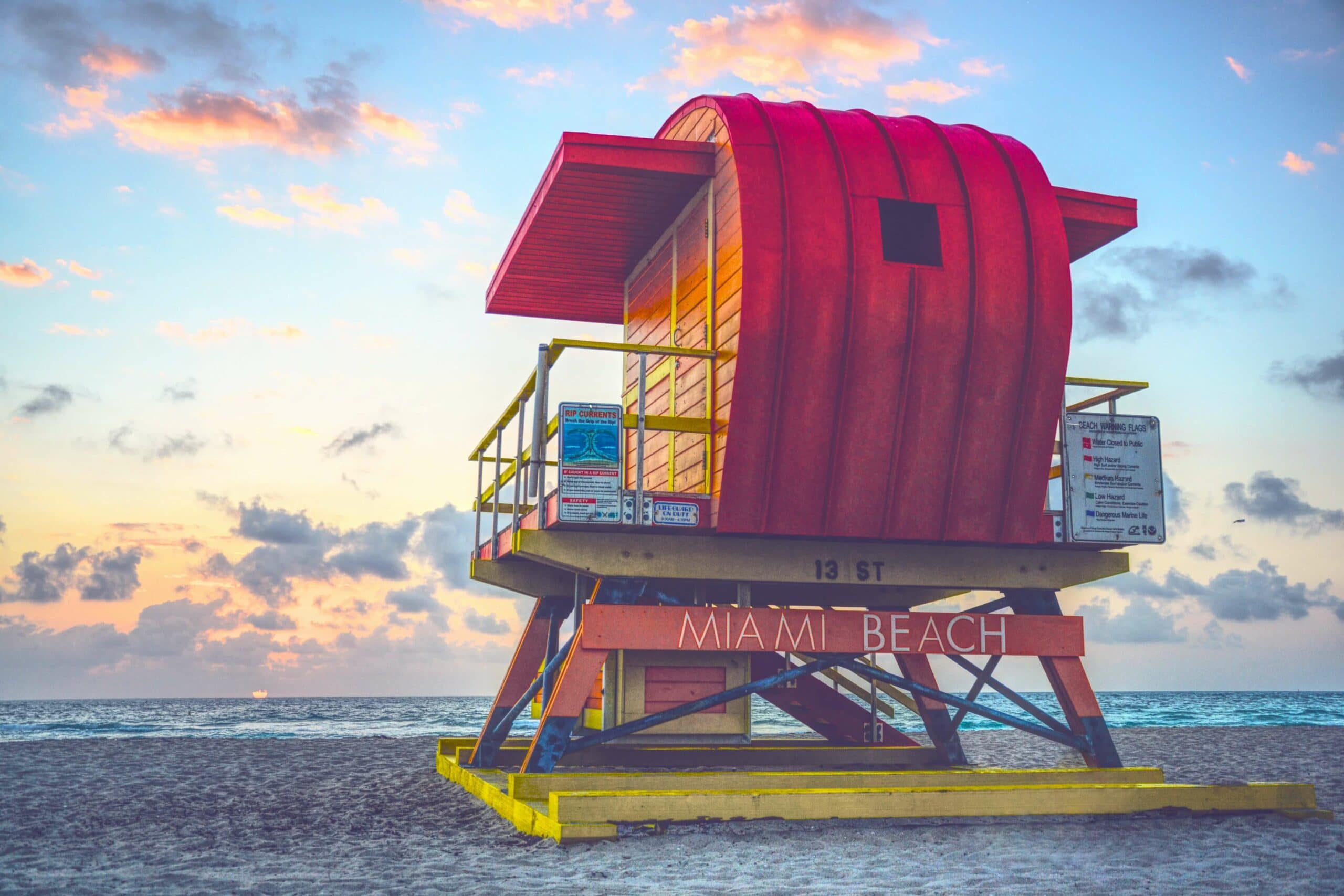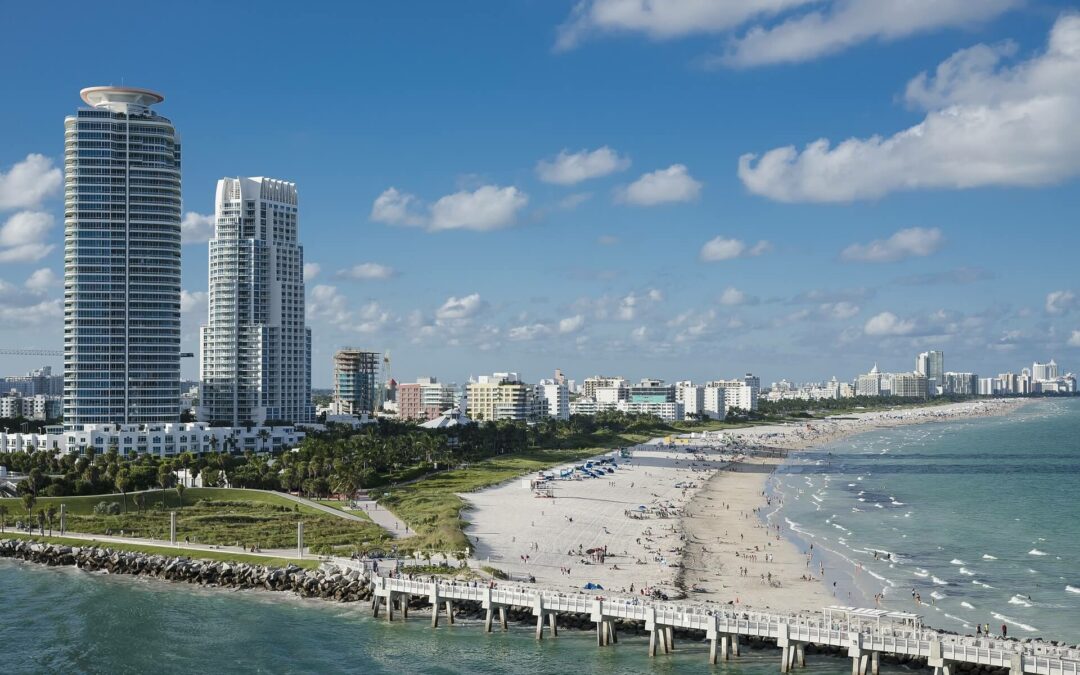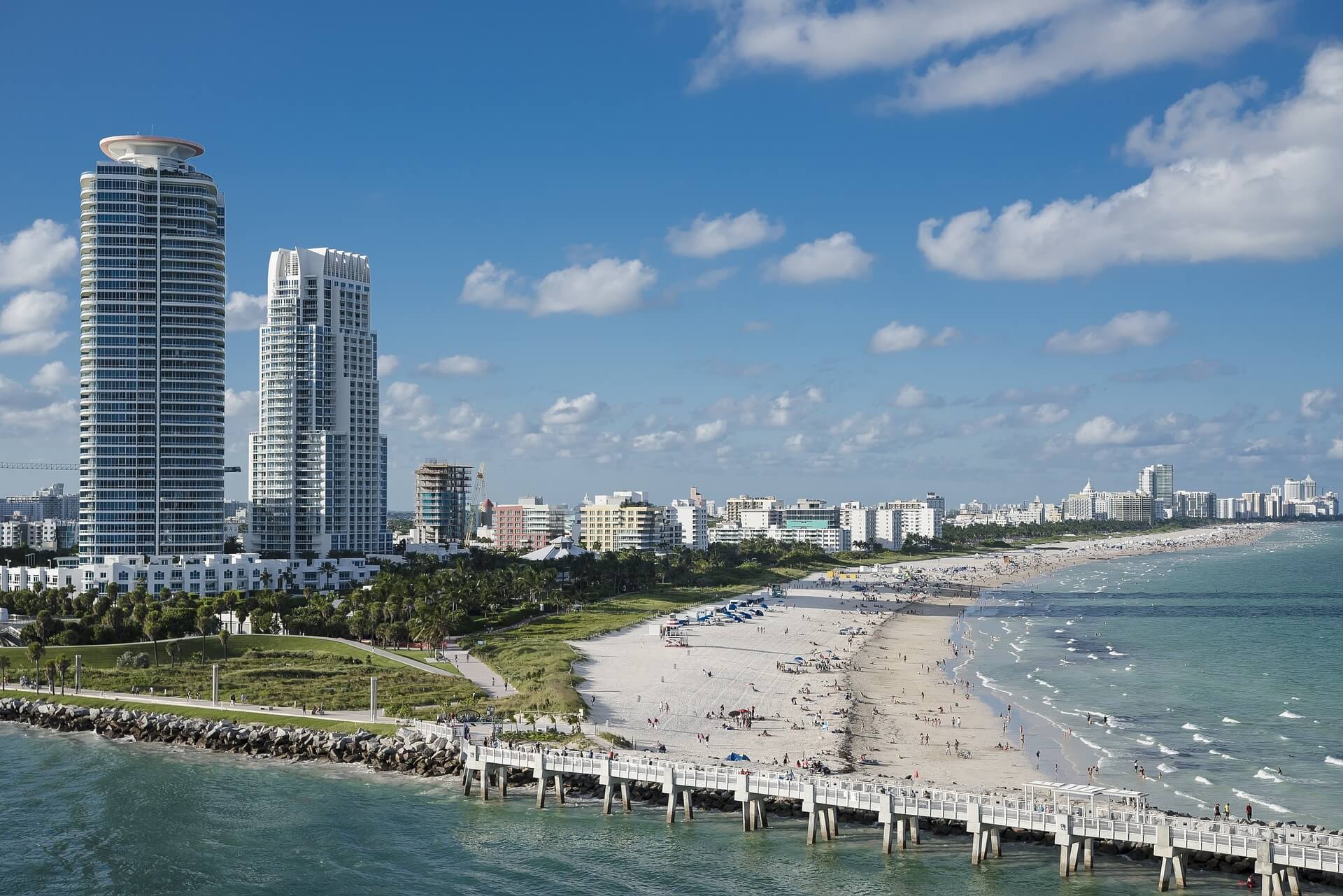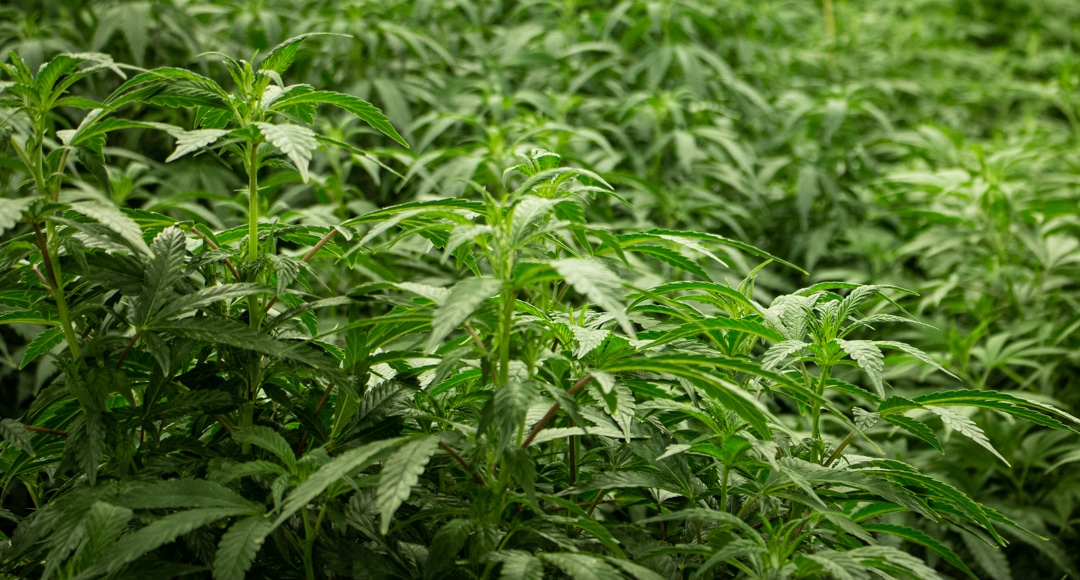
Florida Bill Would Regulate Delta-8 and Overhaul Medical Cannabis

A Florida bill seeks to place strict limits on delta-8 THC and overhaul the state’s medical cannabis program, which would include a new cannabis oversight agency and new rules preventing the sale of dispensary licenses for monetary gain.
A bill in Florida would place strict limits on THC potency of synthetic and hemp extracts, such as delta-8 THC, and include other reforms to the state’s medical cannabis law, Florida Politics reports. The bill’s sponsors, Democratic Rep. Andrew Learned and Republican Rep.
Spencer Roach describe the proposal as the “first major update” to the state’s medical cannabis statute since voters approved the reforms five years ago.
Under the proposal, sales of hemp products designed for consumption, including delta-8 products, would only be permitted to individuals 21-and-older.
Additionally, the measure would increase the terms of medical cannabis patient licenses and the time between required doctor appointments, which the bill sponsors say combined would cut an estimated 60% of the cost of participation in the medical cannabis program.
It would also remove physician appointments for medical cannabis patient recertification under specific guidelines, allow recertification via telehealth, end the practice of selling medical cannabis dispensary licenses for monetary gain, create new industry testing requirements, and increase the transparency of state regulations.
Under the proposal, the course required by Florida for physicians that recommend medical cannabis would triple from two to six hours.
The bill was introduced on Monday November 29, but has not yet been moved to any committee.

